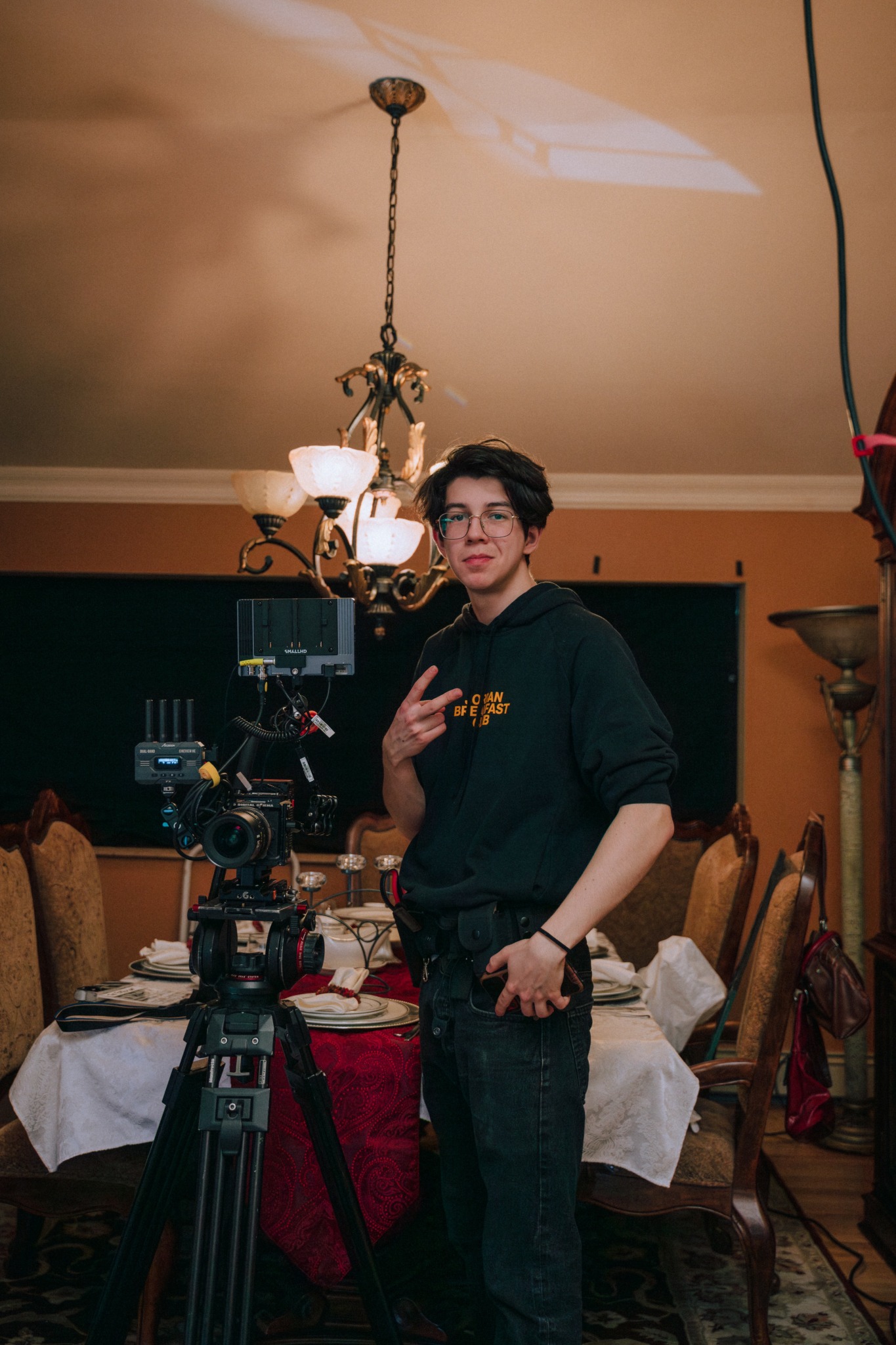We recently connected with Islam Gimazov and have shared our conversation below.
Alright, Islam thanks for taking the time to share your stories and insights with us today. How did you learn to do what you do? Knowing what you know now, what could you have done to speed up your learning process? What skills do you think were most essential? What obstacles stood in the way of learning more?
I started learning about filmmaking at the age of 9 when I first started my YouTube blog about travels and my life. I used the “iMovie” program on my iPad, an editing software, that gave me a very basic understanding of trimming shots and putting them together. By the way, all the “films” were shot on the same iPad I edited on and it had such a low resolution that I had to downsample some of the clips to have at least a 480p section on my YouTube. I shot my first “award-winning” short film at 12. We won a local school film festival. But shooting this film gave me an idea of what a story is and that every story needs at the very least a character and a conflict. It also gave me an idea of some fundamental cinematography rules which I learned in my college years later. At the age of 17, I thought, I shot my first “professional” short film, in my high school with my best friends. This short film showed how the camera and its settings work, like ISO, iris, shutter speed, and white balance. The teachers at my school wouldn’t let us shoot it, as they knew that I was going to send it to the US colleges and they were scaring me and my friends with KGB agents that would come and investigate our shoots. Now, writing this down, I understand how ridiculous it sounds. All the knowledge I had back then, was very random, it was not organized, and I could not draw a parallel between story and cinematography, how interconnected these two aspects are. I could not answer simple questions because random knowledge makes you proficient in each of those fields, but it doesn’t make you advanced at least in one of them.
I also realized that I have a burning desire to learn more about it, to learn about cinema! That was the moment when I decided to apply to a film school. And what is the citadel of cinema? The US, of course. Thus, I applied to the New York Film Academy where I learned most of the practical and theoretical knowledge I have about cinema at the moment. I think what helped me a lot was learning, apart from film school. I think college gives an organized, but very basic knowledge. It’s a student’s responsibility to advance this knowledge, apart from school, attending sets, getting the practical knowledge, and then theoretical, watching YouTube videos of all kinds, like how to assemble a camera, what’s the most advanced gear in the industry, how to lay out moody high-contrast lighting, or how to frame a shot this way that you empathize the main character most appropriately.
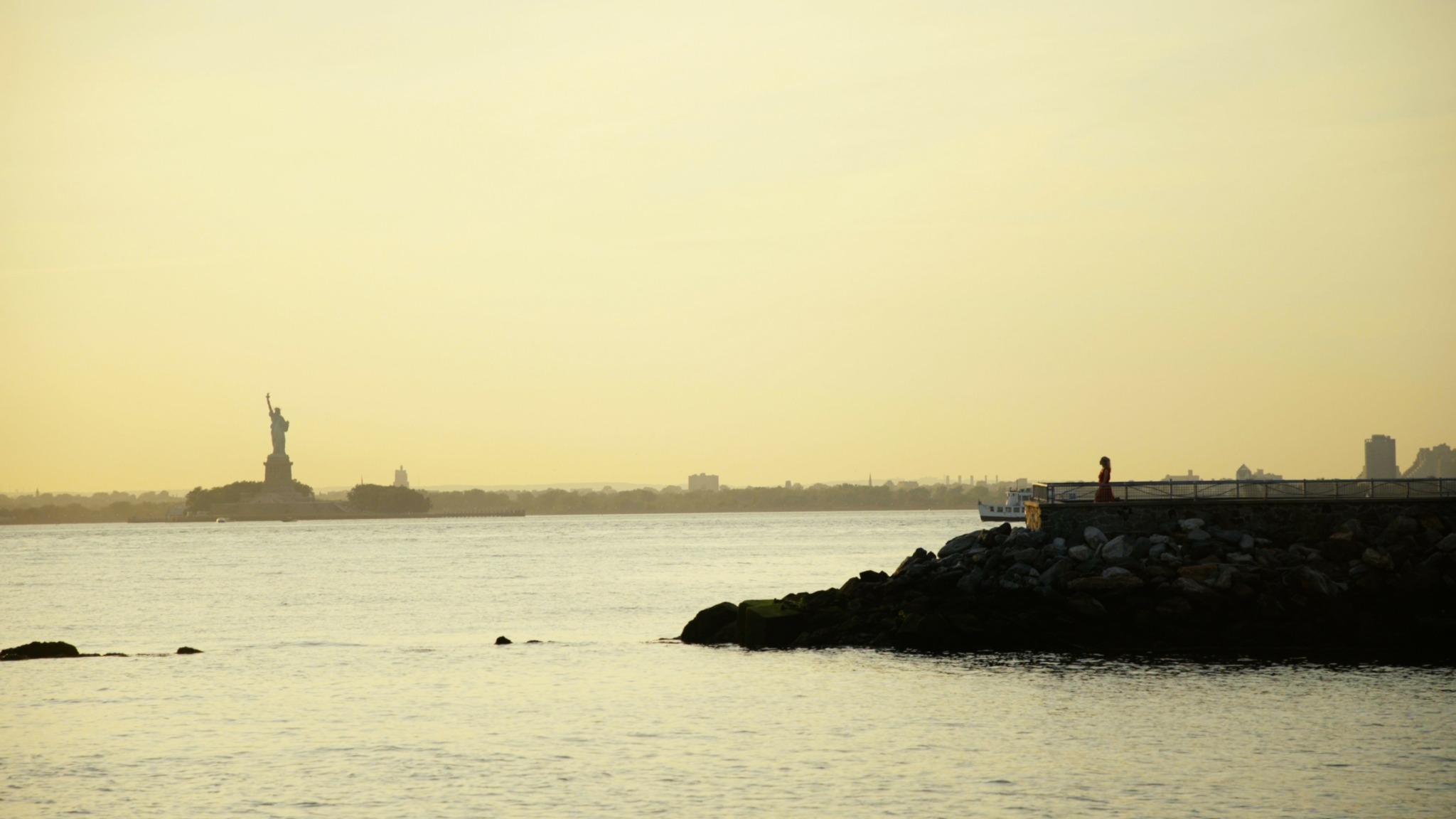
Great, appreciate you sharing that with us. Before we ask you to share more of your insights, can you take a moment to introduce yourself and how you got to where you are today to our readers.
Hey, my name is Islam Gimazov. I’m an aspired Tatar filmmaker, of Turkish descent, pursuing my bachelor’s degree in filmmaking at New York Film Academy. I’m not in the industry yet, but getting there. I’ve worked as a cinematographer on P96, the Spotify music event, and Amaarae’s “Fountain Baby” tour documentary, a bunch of award-winning short films such as “Partyboy”(2023), “Morbus”(2024), and “Matters”(2024), and currently working on “Cholula” hot sauce and Harley-Davidson commercials as a creative director. I have a wide range portfolio in narrative short films, but I would like to expand it beyond narrative and work on some kick-ass commercials and music videos. Oh, what a coincidence, me and my friend Ricky Malavolta aka Eye Roller is about to release a music video called “Momo”, so if it’s already released at the moment of the publication of this interview, check it out! I put my creative soul into it.
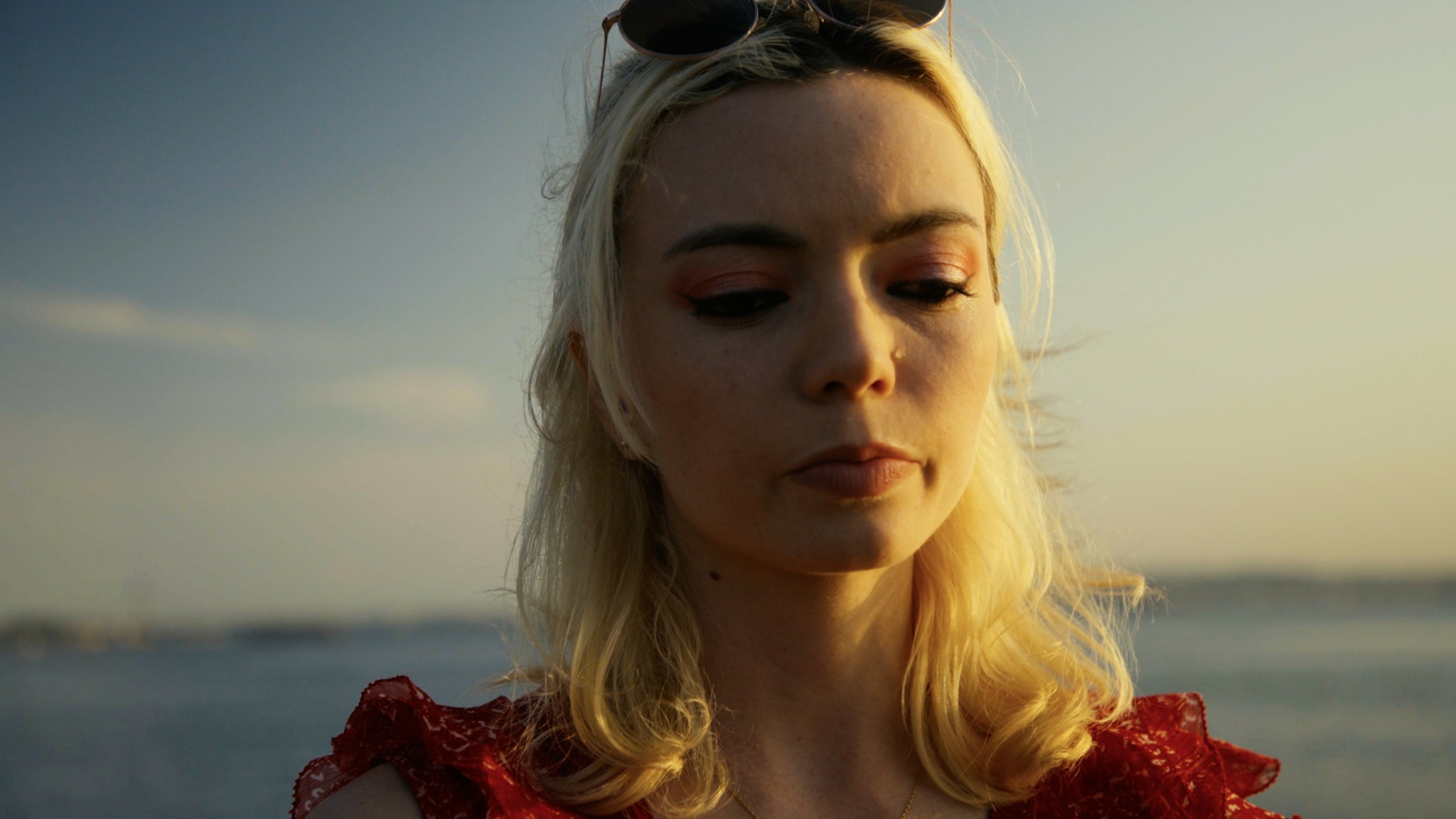
What’s the most rewarding aspect of being a creative in your experience?
The most rewarding aspect for any artist is to see how your art echoes in other people. I believe that’s what drives most filmmakers and directors. It’s the burning desire in your chest that makes you want to share with others. Essentially, most of the filmmakers are very traumatized people, who maybe did not receive enough attention in their childhood, who could not share their opinions, and didn’t have a voice. That’s why we choose to dedicate our lives to motion picture art, the easiest way to talk to the audience and draw attention to certain problems in society. Then, seeing these ideas resonate with other people is the best part because it’s the purest form of a human soul connection.
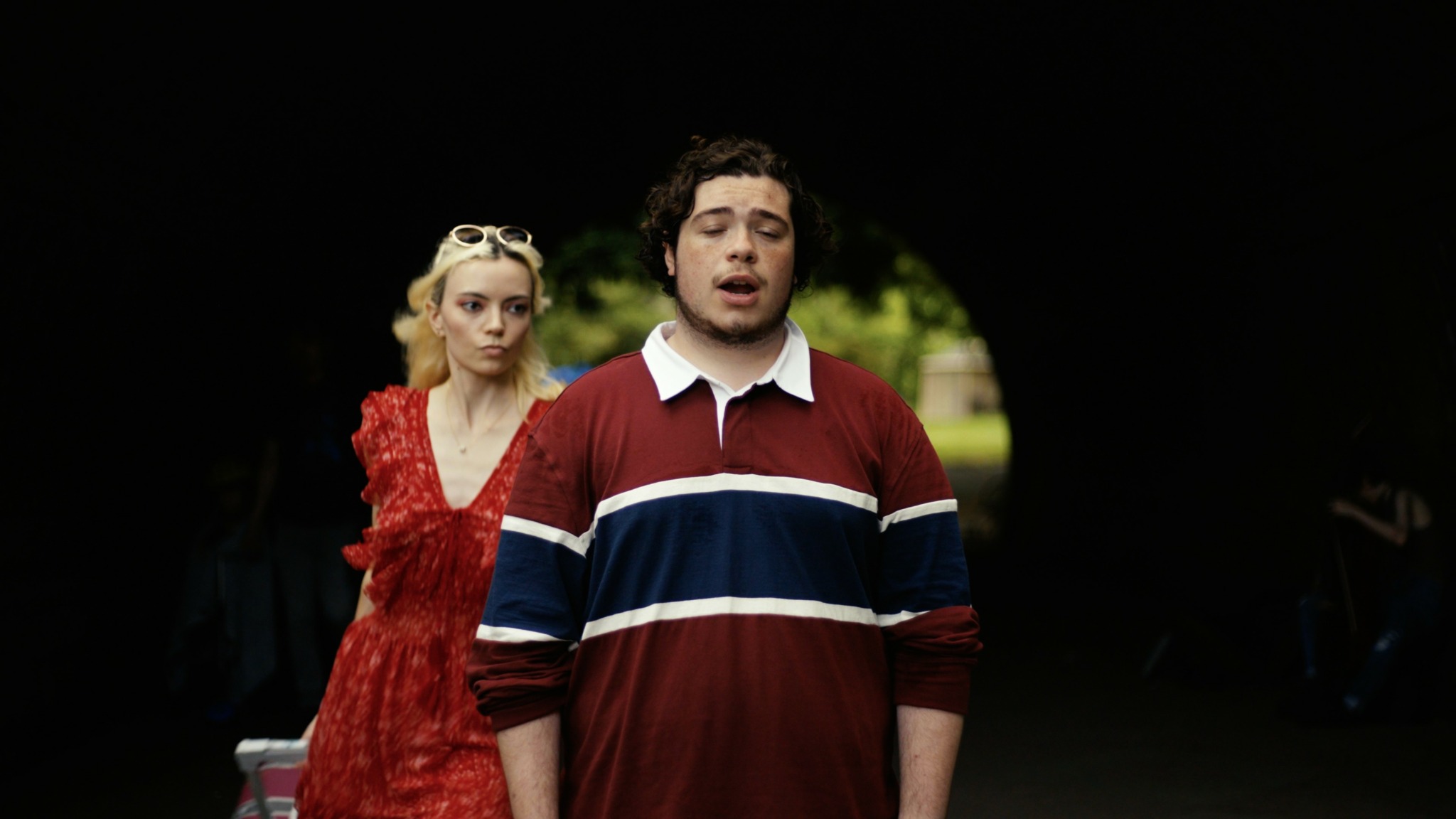
Is there a particular goal or mission driving your creative journey?
I come from a relatively small region in Russia called Tatarstan. My mission is to pin a mark on the map and make Tatarstan recognizable world widely. I’m very proud to be Tatar and I want to share my culture with others because the culture is so unique and authentic, the cuisine is so delicious, and even the fairytales have so much wisdom in it. Tatar people are open to international connections and hospitable, we’ve welcomed so many events and people from all around the world for the last couple of years – World Cup 2018, League of Nations 2017, WorldSkills 2022, FINA(2015), BRICKS and BRICKS games(2024). There are some famous figures that people don’t even realize they’re Tatars like Rudolf Nureyev and Marat Sharipov. When I get to the point in my life when I’m as influential as them, I want people to know where I come from and I want to embrace my culture.
Contact Info:
- Instagram: https://www.instagram.com/islgim?igsh=MXVmaGYxOTA3MXhkdA%3D%3D&utm_source=qr
- Other: IMDb – https://www.imdb.com/name/nm15485241/
Letterbox – https://boxd.it/6K2bd
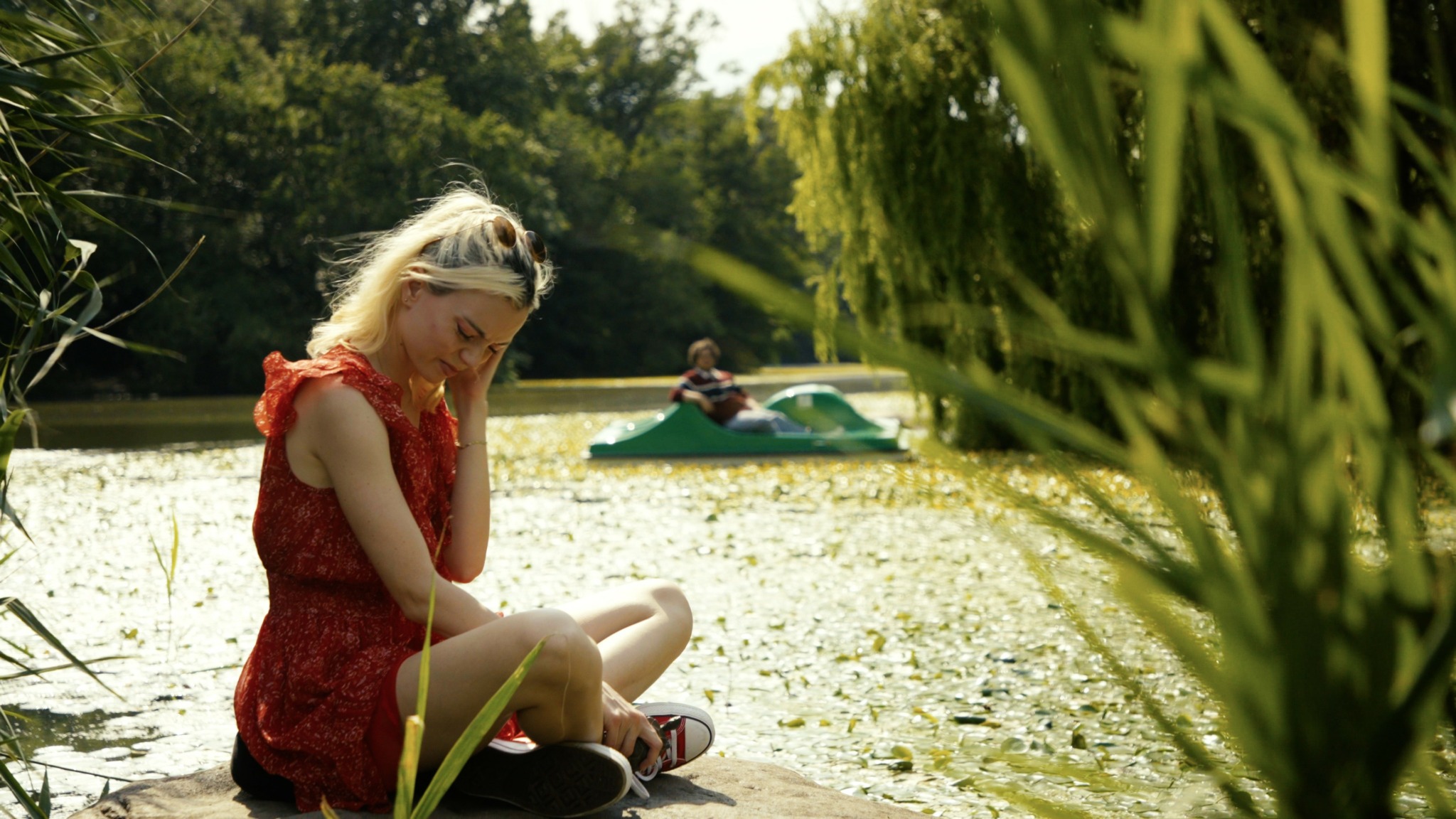
Image Credits
“Momo” – music video, directed by Islam Gimazov, produced by Giovanna Ribeiro, music by Riccardo Malavolta and Rosario Fiorentino, Actress – Kristyna Prihodova, Actor – Riccardo Malavolta


